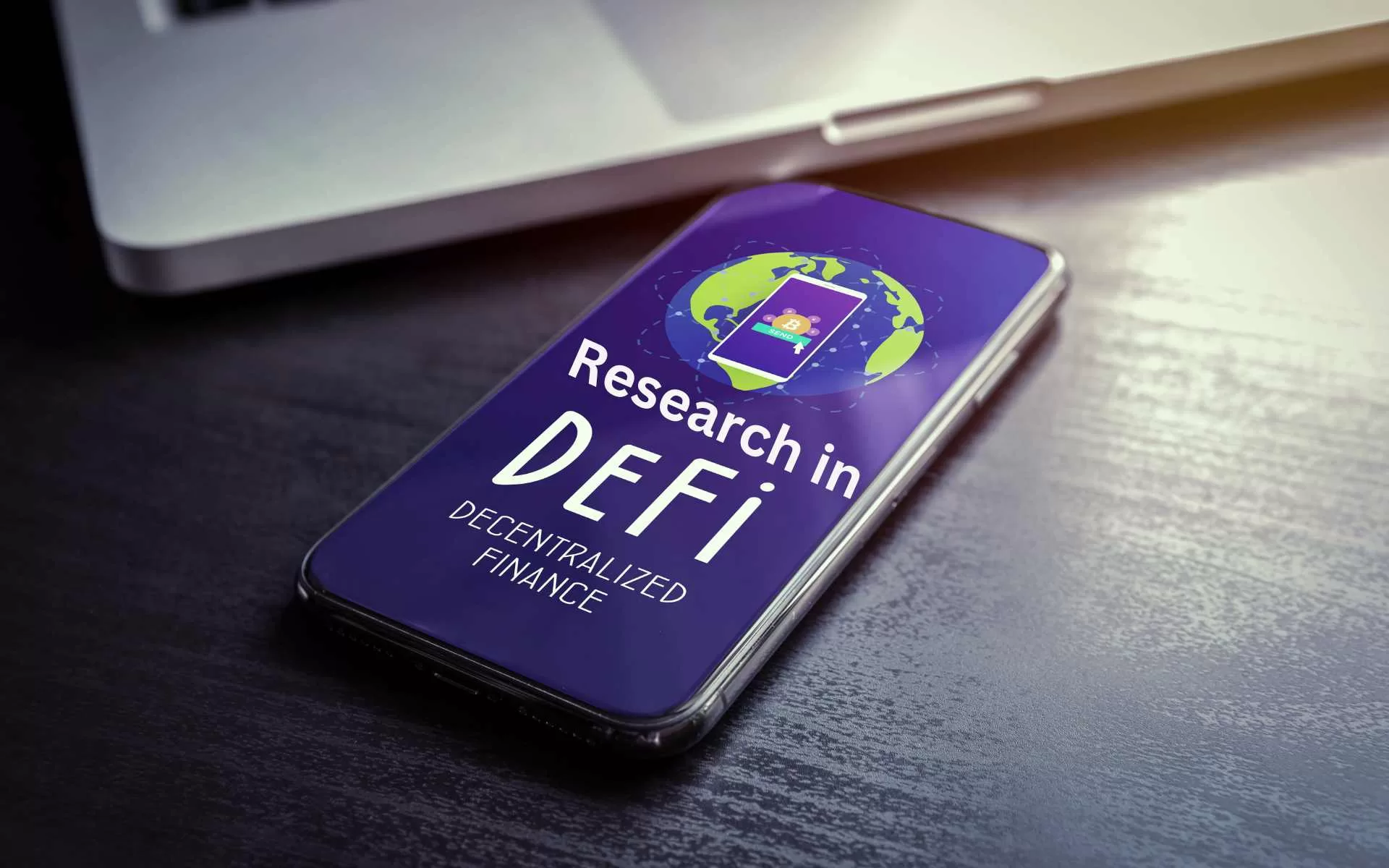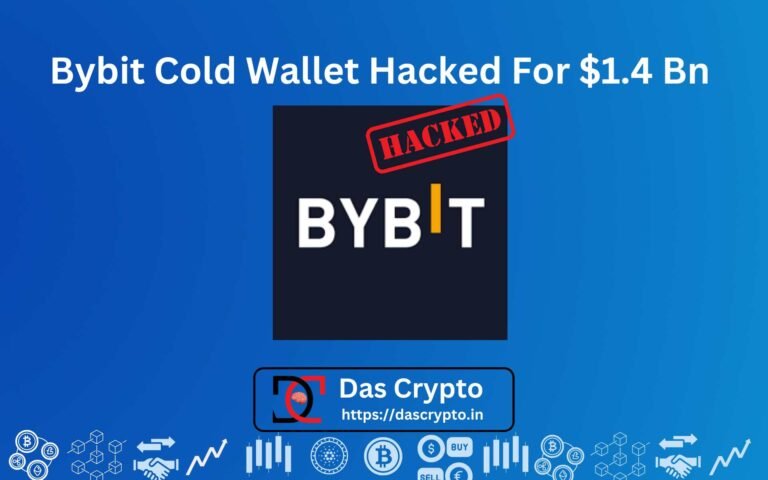DeFi Research Methodology is a series of steps involved in doing research in the field of decentralized finance or DeFi. It involves the steps of formulation of the research goals, literature review, data collection, analysis and reporting.
The DeFi Research Methodology is a little different than other areas because of blockchain technology’s rapid development and the lack of clear regulations.
Table of Contents
What is DeFi Research Methodology?
DeFi Research Methodology is the process of conducting a research in Decentralized Finance.
The research process involves multiple steps, which are listed below.
1. Research Goal
Any research starts with a well defined research goal.
- For exploratory research, you should know what are you looking for.
- For empirical research, the aim should be to establish a rule or formula based on already available data.
- For observational research, you should define which observations you need to make to support your hypothesis and form a conclusion.
Without a well defined research goal, you will be unguided and probably abandon the research idea very quickly.
2. Type of Research
Decide which type of research method is suitable for your topic.
- If you need to collect data and form a conclusion, the its is called a survey.
- If you are trying to establish relationships between data points, this type of research is called as empirical research.
- Observational research tends to notice the behavioral traits of the research topic.
- A case study is type of research which observes the success or failure of how someone or a company achieved something that was difficult for others.
There are a lot of research types with often many researches include multiple types together. For example, in the case of finding which DeFi protocol is the highest profitable (an empirical research), the researcher also needs to collects data and therefore conducts a survey, another research type.
3. Literature Review
Literature review includes exploring the research done by others in the same topic. This is done for multiple purposes.
Reading past research literature, helps researchers understand the mistakes made and the lessons learned by past researchers. It also helps avoid duplication of efforts.
Further, past research can act as a beacon of light for insights on collecting new data.
4. Data Collection
Data collection is the foundational part of conducting research. No matter whichever research is being done, data acts as the bedrock on which the research takes place.
For effective collection of high quality data, you need to make sure that:
- Only rely in trusted sources for data and avoid databases that everyone can edit. For example, never take data from publicly editable websites. Anyone with editor access can manipulate them. I faced this problem when I was conducting an economic research on my region. When I saw the data from my hometown, I realized that the entire data set was filled with vague data and factual errors.
- Clean data after collection to remove inconsistencies, omitted entries and illegible characters/data.
- Verify data with a reliable source.
- Arrange the data which enables you to manipulate them with ease.
- Keep you method of analysis before you finalize an arrangement. Think what format could be easier for you to analyze this data.
5. Data Analysis
Data Analysis
6. Accommodating Regulatory Changes
Regulatory Changes are too fast in crypto. If your research takes more time than 3 months, you should keep an eye on the latest regulatory changes and what the companies are doing in response of those changes.
7. Accommodating Technical Developments
Technical developments are even faster than regulatory changes. Bitcoin Ordinals are the perfect example. Further, major technical changes like ordinals pick up pace within a single fortnight.
In DeFi Research Methodology, a researcher must address these changes in this research and update it whenever they change.
A few other examples of rapid technological changes are
8. Interviews and Expert Review
After analyzing the data, when you arrive at some result, the next important step in a good DeFi research methodology process is the need for an expert review. You can do this either in a recorded interview format (for future reference) or send the report as a whole and ask for feedback. In my experience, the first process is much better as you can play the recording multiple times to get some missed insights.
8. Verification of Results
This is the last part of your core DeFi research methodology. here, you should verify the results at least once. This ensures that an arbitrary mistake will not lay waste to your entire report.
9. Reporting
The end part of any research is the reporting and presentation you need to make in front of expert panels. Presentation plays a very crucial role in your report. A shoddy report with a great presentation is much appreciated than a great report with shoddy presentation.
I always suggest researchers that they use ChatGPT to create an outline or even a script which will avoid them from fumbling. During my B.Tech presentation, my project team member lost a good amount of marks only because he fumbled and said yes when the question should have been answered with a simple no.
10. Future Scope
Adding a future scope is very crucial because it helps others take forward your research. It also shows that you have the humility to accept your limitations and most professors, bureaucrats, and experts do take a note of it.
What is different in DeFi Research Methodology?
1. Rapidly Evolving Technology
A common difference in doing research in DeFi is that you cannot use data older than a certain period of time. This is because the field of DeFi and blockchain are rapidly evolving which makes way too many changes in individual technologies and platforms.
For example, when I did a research on “Consensus Mechanism” in early 2022, Ethereum was operating as a Proof of Work blockchain, a consensus mechanism which was criticized by several policy watchers, lawmakers and peer blockchain projects. A few months later by November 2023, that research was not as much valid as before because Ethereum transitioned to Proof of Stake.
To help researchers work more efficiently, here is a small guide on DeFi Analytics Tools that can be helpful while doing research on DeFi investment or protocols.
2. Unpredictable Regulatory Actions
Regulations change very fast in the world of crypto. I believe the reason behind such policy uncertainty is that there is a tussle between those who understand blockchain and those who not, inside the government.
Further, a lot of incidents change the view of policy makers. For example, I witnessed that after the Terra Luna fiasco, regulators are more fixated now on “stablecoins“, than ever. This can be witnessed when you take a look at MiCA regulations which mandates all stablecoins must have “sufficient reserves”, therefore eliminating the possibility of allowing “algorithmic stablecoins”. Before that, Algo Stablecoins and its related DeFi protocols were a favorite research area.
Avoid These Common Mistakes in DeFi Research
Doing research take a lot of effort and a toll on the capability to focus. I have seen researchers make common mistakes either due to their background and that they do not understand the technologies well. I have listed the following common mistakes that will help DeFi researchers make a good.
- Researchers often fail to understand critical technologies before trying to research for a regulatory framework for them. For example, when I read the IMF and FSB technical paper on crypto. It was seen that the paper clearly misunderstood the relation between inflation and crypto markets.

- Regulators approach research from a motivation that seek to ban crypto. They forget that crypto mining has thrived in China even after the harshest bans put by the Chinese authorities since 2021.
About Me
I am Dhirendra, a SEO and Researcher. I have prepared several research papers and whitepapers for crypto-companies such as Myosin, MINC and Altered Life.




